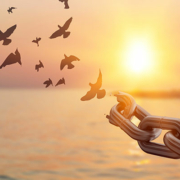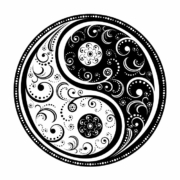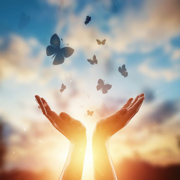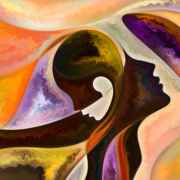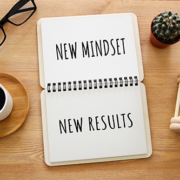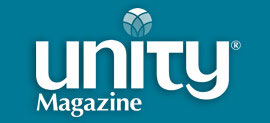“Get your house in Order,” can mean to get things arranged before you die. But it can also mean being able to relax and enjoy life without old habits of thought that aren’t conducive to being peaceful.
One of the most important habits or thoughts in “getting your house in order” is forgiveness. Psychologists generally define forgiveness as a conscious, deliberate decision to release feelings of resentment or vengeance toward a person or group who has harmed you, regardless of whether they actually deserve your forgiveness. … Forgiveness does not mean forgetting, nor does it mean condoning or excusing offenses. But it means to release the angry and hurt feelings as being destructive because they really are destructive to your peace of mind. Holding onto the pain doesn’t heal it or make the original hurt better. It just keeps it alive to continue hurting you. The best way I know of to heal is to share your feelings with a counselor or friend so you can get a deeper understanding of the circumstances that hurt you in the first place. So a big part of getting your house in order is to understand, forgive and release. This sets you free of the emotional prison.
Another aspect of letting go of things is that it frees us to quit living in the past and be able to more fully experience the present. To many of us, one of the greatest challenges of life is being able to live in the present. It is amazing how much we miss of the beauty and richness of this life by holding onto our anger and hurts.
I’ve mentioned Ram Dass” book Be Here Now before, but it is still an important guidepost for me. “Being here now” means that instead of being focused on what happened yesterday or what could happen tomorrow, you are simply here, now. It’s about getting off autopilot and becoming aware of the automatic actions and reactions you are used to, and finding a place of clarity and calm. The present moment offers peace.
The word “peace” has many meanings. It can mean a ceasefire, an armistice, a suspension of hostilities. And those are certainly aspects of Order.
Sent with best wishes for a GREAT birthday to precious Jane. Thanks for agreeing to come this time, Dearest Jane!
Love,
Rev. Pat

